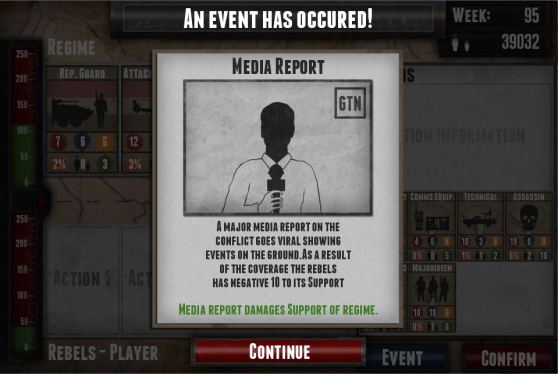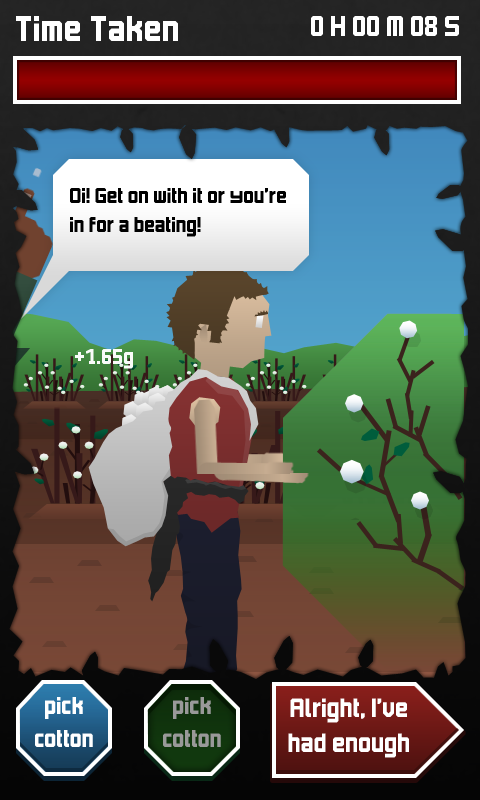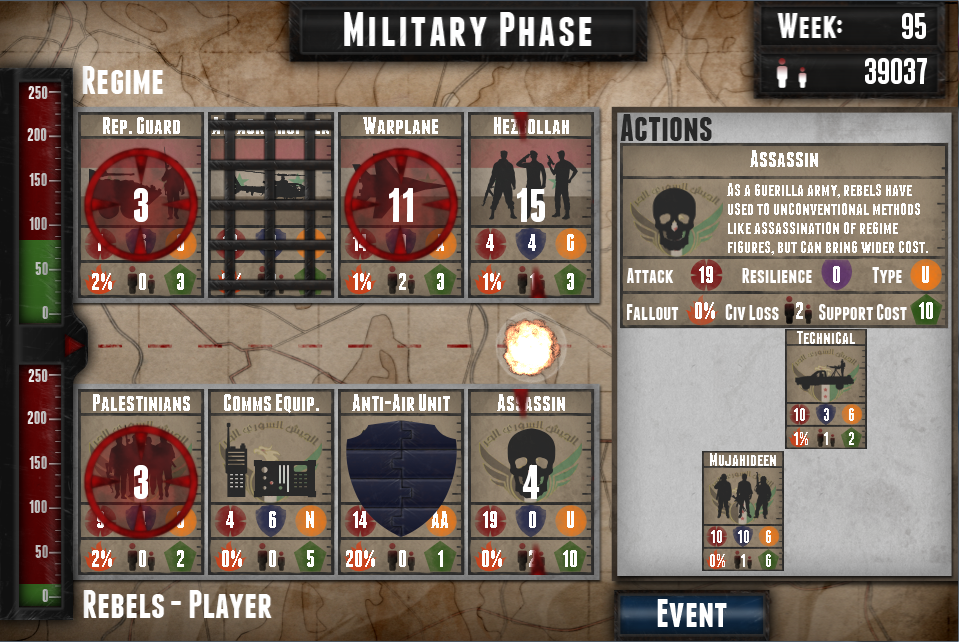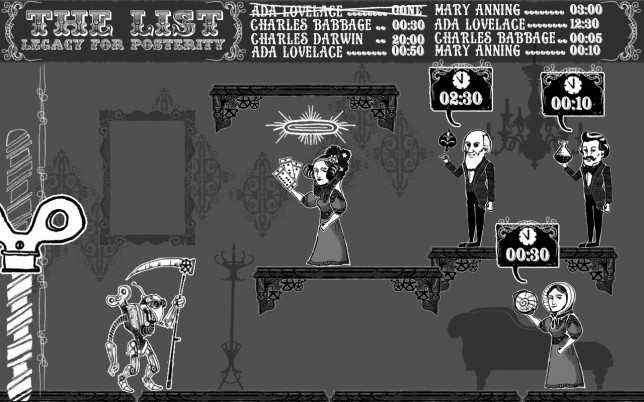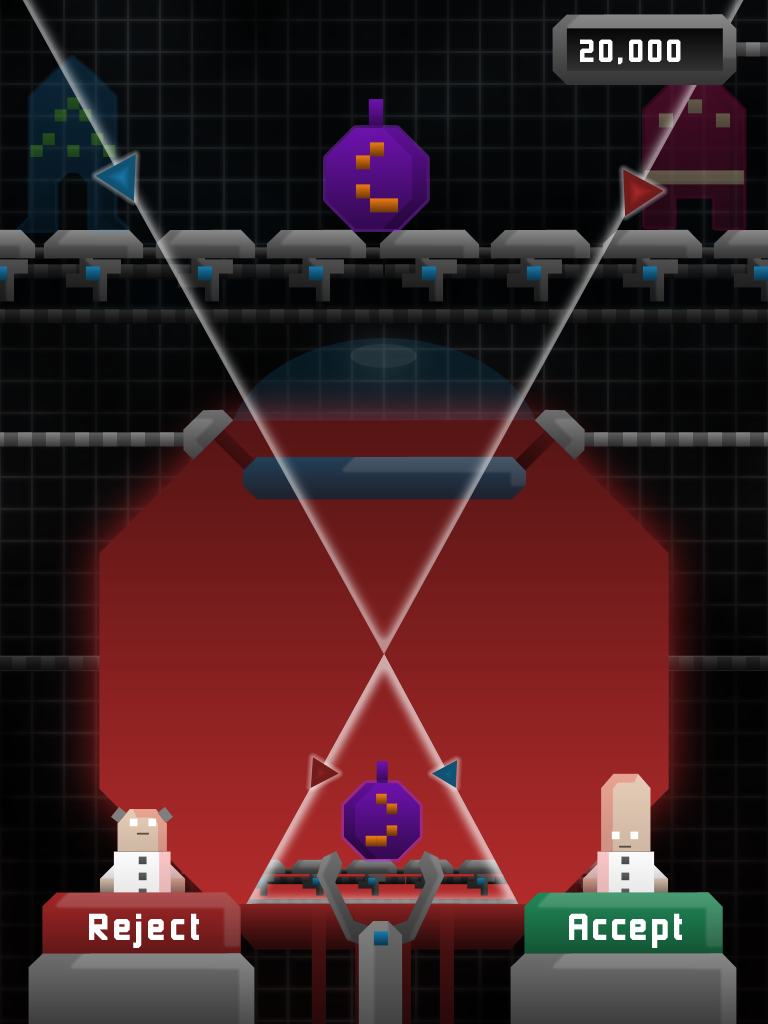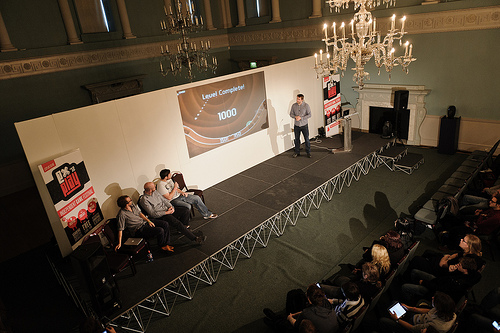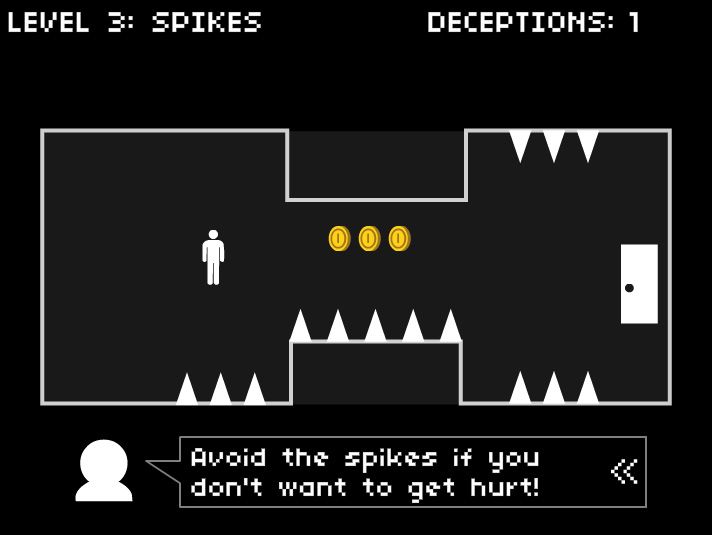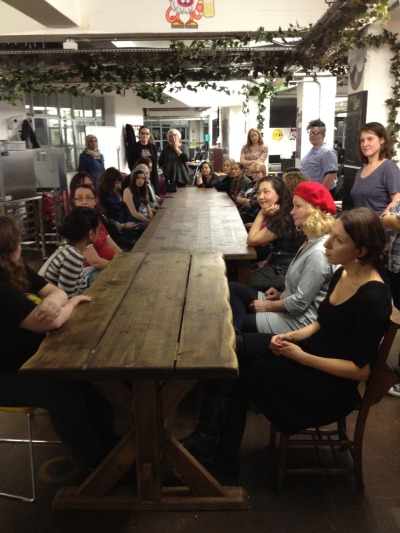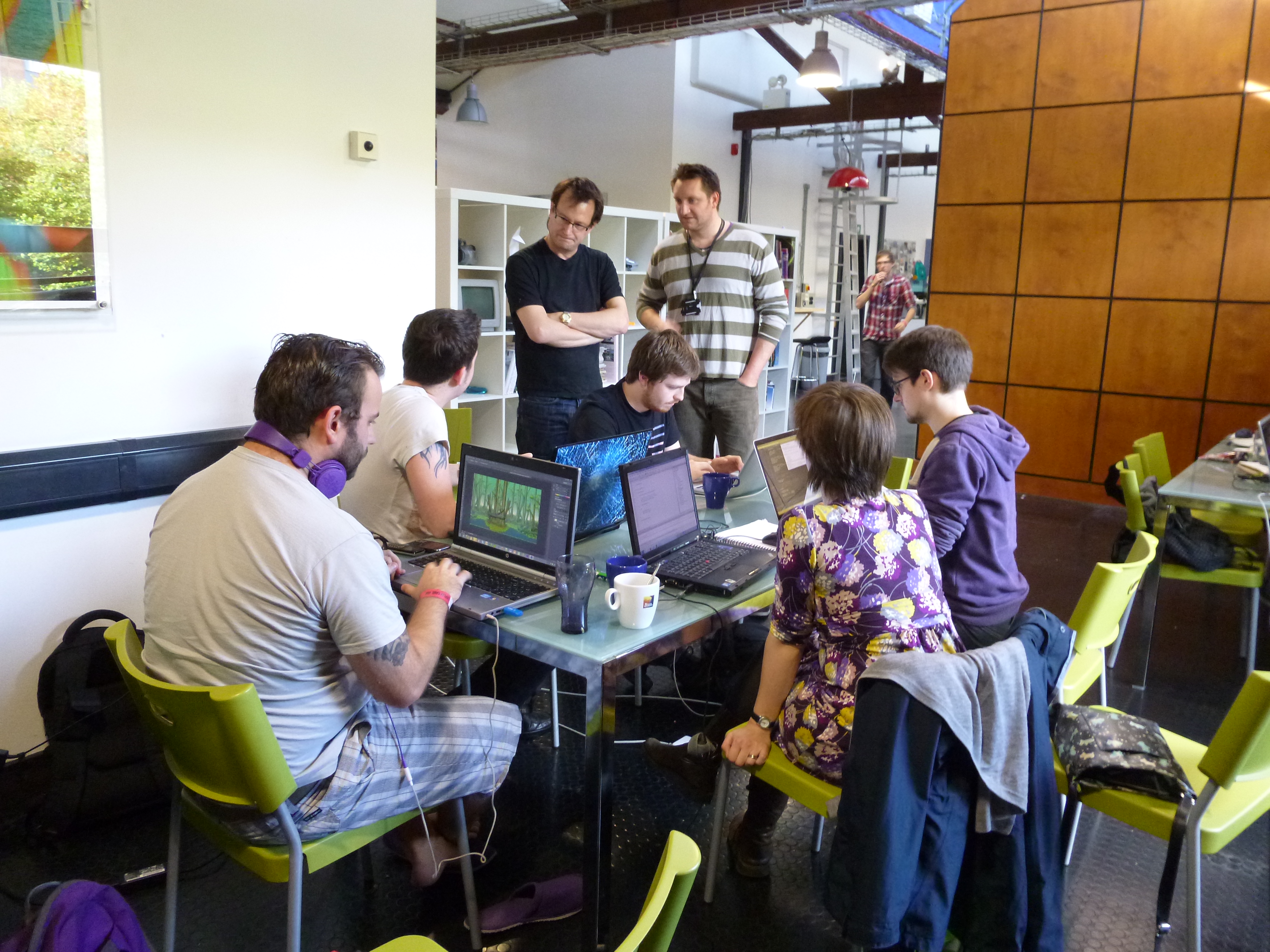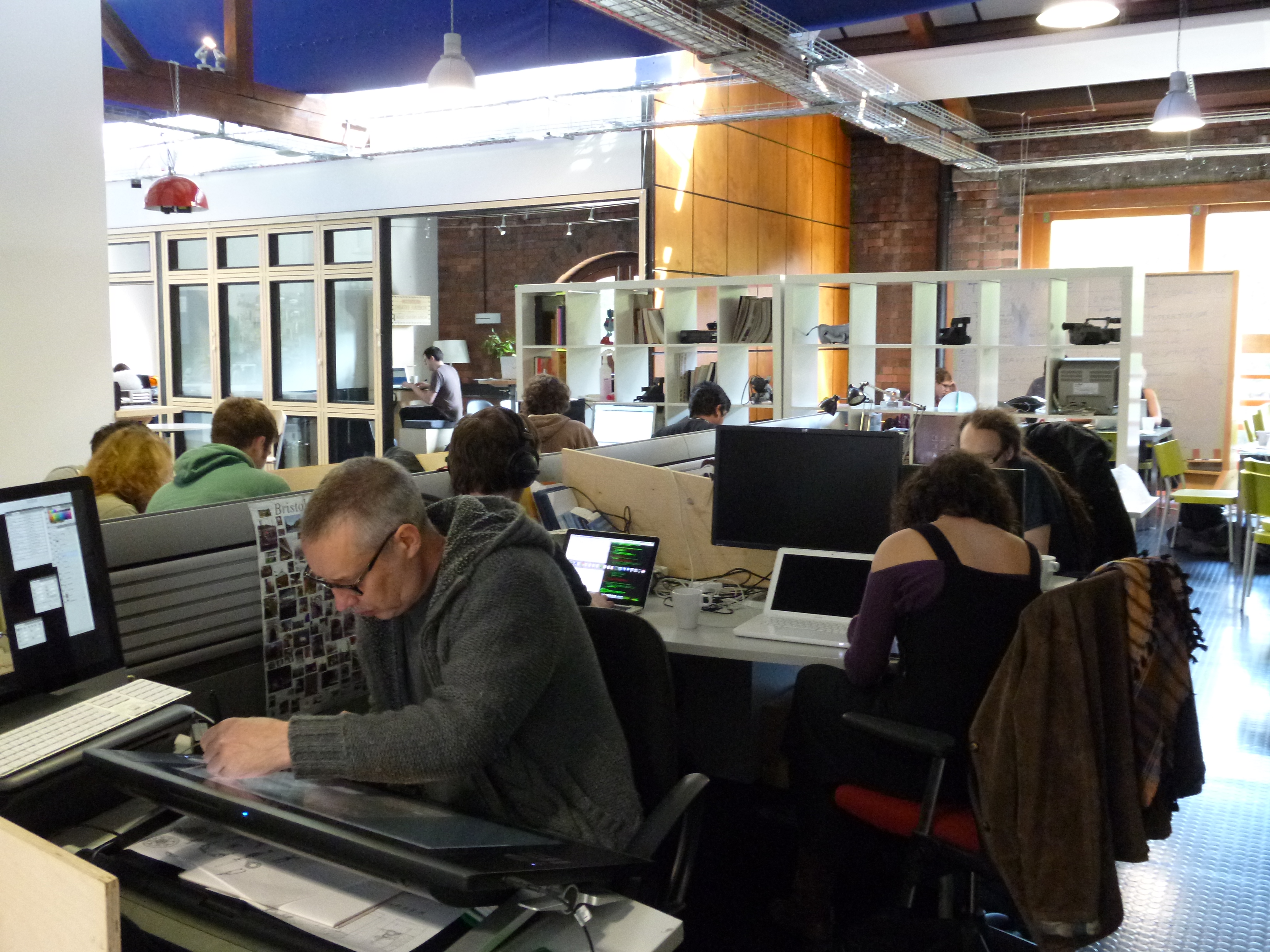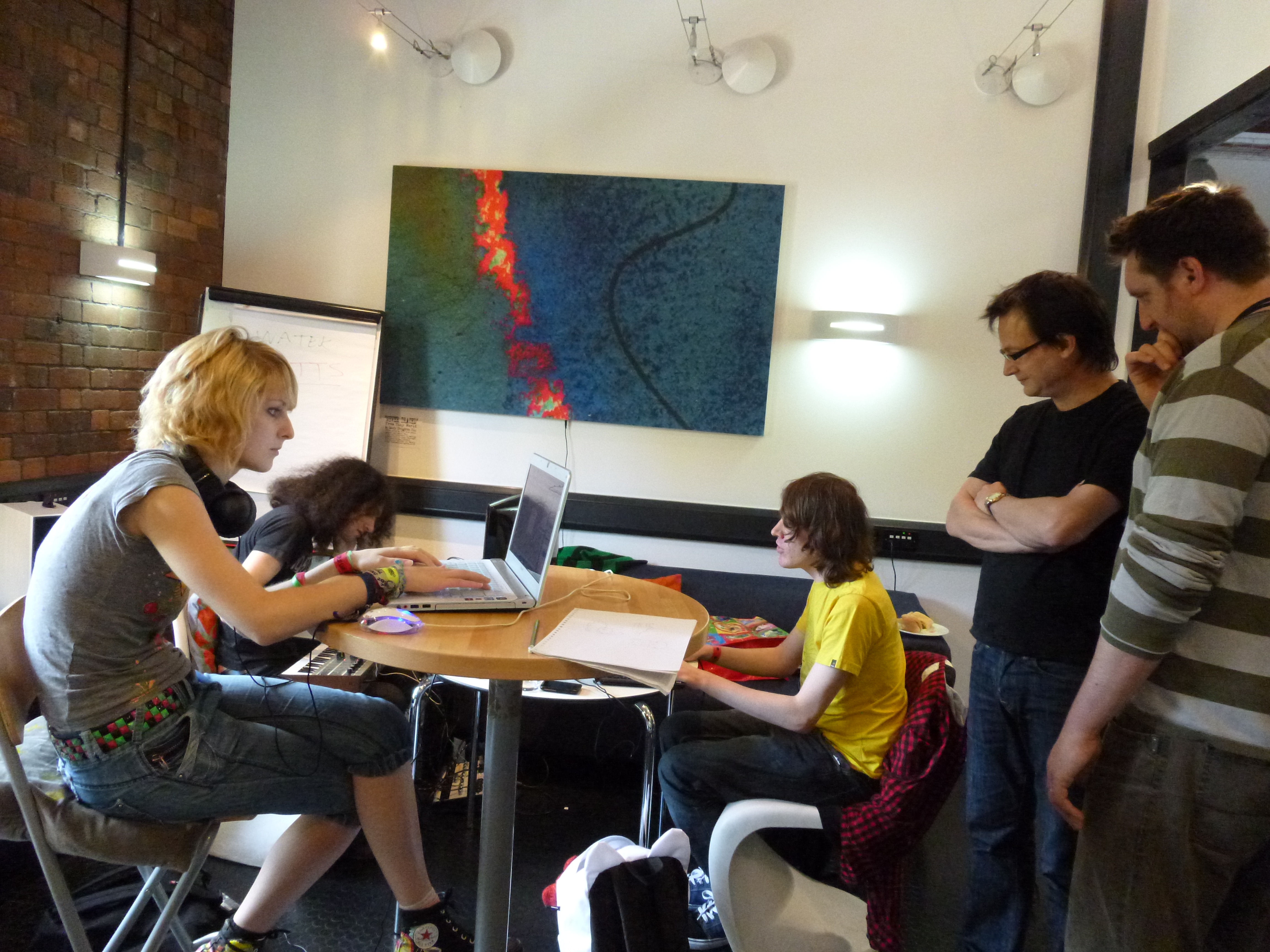Endgame:Syria Becomes Global Talking-Point
/Our GameTheNews.net project recently released what is, the world's first game to cover an ongoing war as news. This newly emergent form of media, 'news games' and our contribution to the form, 'Endgame:Syria', has seen a huge surge in interest and players following its rejection by Apple's App Store (though it is online and on Android). As a result GameTheNews.net and Endgame:Syria have become global talking-points, having recently been given extensive coverage by the BBC, the Economist, The Guardian, Venture Beat, The Daily Star (Lebanon) and Al-Jazeera to name but a few. (There is a list of articles here and more on the reaction over at the designer's personal blog.) Below are two examples of the coverage, starting with an article on Foreign Policy:
Many people would be hard-pressed to find Syria on a map, let alone know the factions that are fighting and the outside nations that are backing them. A simple computer card game may not be deep, but when players ponder whether to play a "Saudi Support for the Rebels" or a "Rebels Assassinate Key Regime Leader" card, they are making decisions, and that is how humans learn best. Perhaps it will spur them to learn more current events, or if nothing else, they may remember a few names and places, and who is fighting who. At the least, they will learn a lot more than playing Angry Birds on an iPhone.
Wired made these key points on the discussion:
As gamers, we are generally happy to delve into historical battles such as World War II in Medal of Honor, despite the devastation, violence and death, and barely an eyelid was batted when the genre moved into modern warfare in Afghanistan and Pakistan with its latter sequels. However, delving into an ongoing conflict, where tensions are extremely high and the subject matter sensitive, is another matter entirely. .. By addressing a current civil war and its multiple factions and infinite social complexities, Endgame: Syria is not giving us any answers -- it's encouraging us to ask more questions.
Try Endgame:Syria for yourself at GameTheNews.net!
The next newsgames to be released from GameTheNews are currently in development about the War on Drugs and Climate Change, coming soon!
